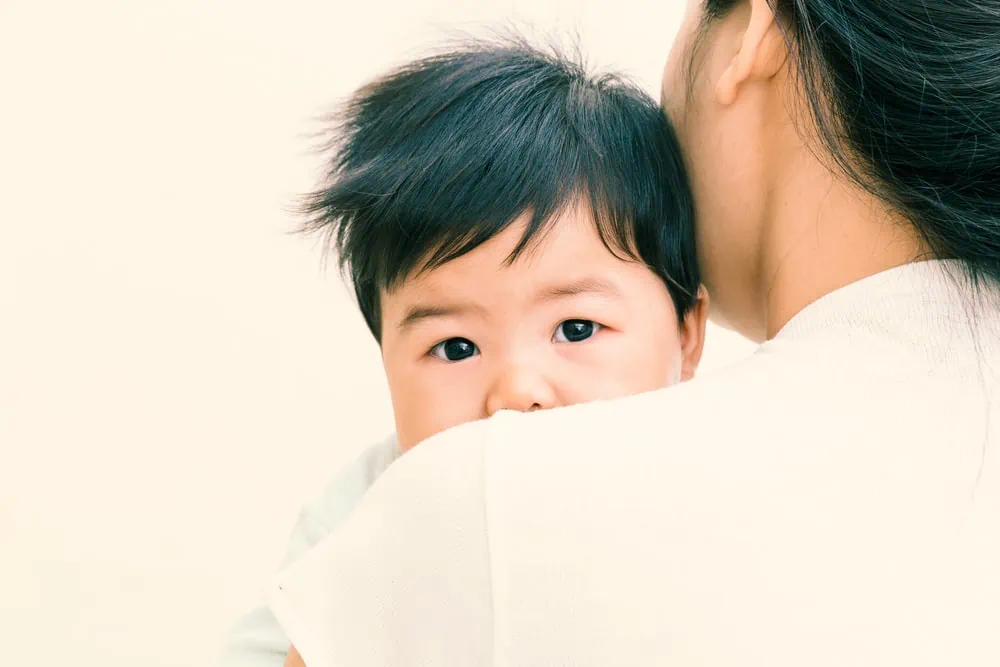Fewer Chinese people are choosing to have children, creating both opportunities and challenges for businesses in China across consumer and finance sectors and beyond
Newly-released official data shows that China’s birth rate has fallen to its lowest level since records began. According to the 2022 edition of the China Statistical Yearbook, just 10.62 million babies were born in China in 2021 and 13 provinces reported negative population growth, including the dynamic eastern coastal regions of Jiangsu and Tianjin. Fertility has been declining for decades but has been compounded in recent years by higher costs of living and increasing work pressure on young people.
This latest news about the birth rate comes shortly after the results of the once-in-a-decade census in May 2021 showed that the fertility rate dropped to 1.3 children per woman, well below the replacement rate of 2.1 required to maintain a stable population, a problem that China shares with neighbouring countries like South Korea and Japan. The falling birthrate has already prompted action at the national policy level, including the end of the one-child policy (increased to three just after the release of the census) and monthly or one-off payments for second or third children in several provincial cities.
A declining population poses a challenge for the world’s second-largest economy, which has long relied on a plentiful and ambitious workforce to fuel its industrial and economic growth. The population is ageing rapidly, with people over the age of 65 now accounting for 13.5% of the population, an increase of 4.6% from the 2010 census. As its work-age labour pool shrinks, China may have to rethink its economic strategies, while also considering issues such as the stress an older population will put on its healthcare and pension systems. Indeed, the Chinese government’s latest reform proposals aim to establish a market for individual pension plans — offering attractive new opportunities for UK insurers and financial institutions — which will probably speed up the volume of assets under management by private pension funds and help establish the Third Pillar in China’s pension system.
The falling birth rate also prompts several considerations for British companies or brands looking at the China market. Young, childless urban residents remain a strong potential market, especially for consumer goods brands. Instead of planning and saving for children, Gen Z and younger millennials are increasingly choosing to spend money on themselves, whether that be on hobbies and sports like camping, yoga or skiing, wellness and self-care products, or even pets.
However, aside from tapping into millennial/Gen Z spending, brands may also want to consider how their products may benefit or appeal to an ageing population that may find itself without the kind of family and community-based support system that previous generations had access to. Sales of home healthcare devices for older adults are reported to have increased during the Singles’ Day sales, and there has also been a marked growth in sales of dietary supplements and cosmetics with ‘anti-ageing’ properties in recent years.




